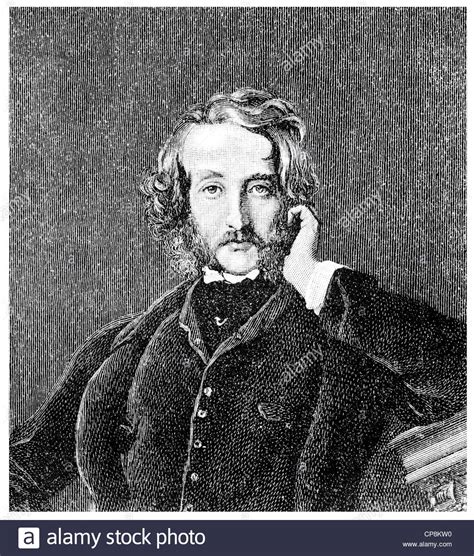A Quote by Katie Kitamura
The point about sales is relevant because it suggests there are cultures out there that are supporting and consuming, on a vast scale, challenging works of literature. Works of literature that in the United States would sell only a few thousand copies, if they managed to find a publisher at all. The success of these texts in Spain or Italy or wherever contributes to a kind of national conversation that we're perhaps not having here in the U.S.
Related Quotes
Literature cannot develop between the categories "permitted"—"not permitted"—"this you can and that you can't." Literature that is not the air of its contemporary society, that dares not warn in time against threatening moral and social dangers, such literature does not deserve the name of literature; it is only a facade. Such literature loses the confidence of its own people, and its published works are used as waste paper instead of being read. -Letter to the Fourth National Congress of Soviet Writers
In general, in America, every discourse in literature in 15 minutes degenerates into a conversation about ethics, morality and this and that. The Holocaust and the consequences of it. Well, I find it terribly boring, predictable and unimportant, because what matters about literature is esthetic achievement.
That love is a conflict seems to me obvious and natural. There isn't a single worthwhile work in world literature based on love that is only about the conquest of happiness, the effort to arrive at what we call love. It's the struggle that has always interested those who produce works of art - literature, cinema or poetry.
English is, from my point of view as an Americanist, an ethnicity. And English literature should be studied in Comparative Literature. And American literature should be a discipline, certainly growing from England and France, Germany, Spain, Denmark, and the Native traditions, particularly because those helped form the American canon. Those are our backgrounds. And then we'd be doing it the way it ought to be done. And someday I hope that it will be.







































